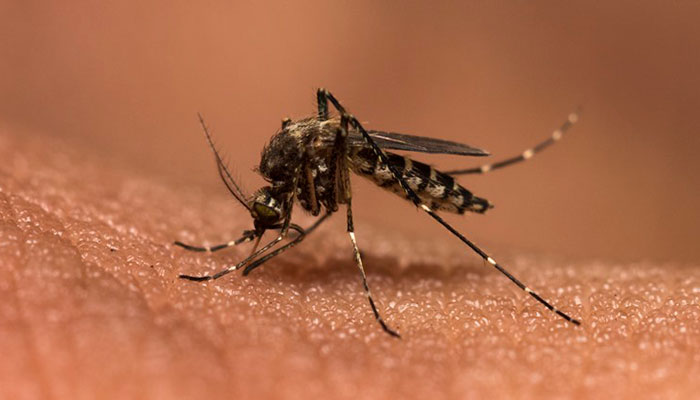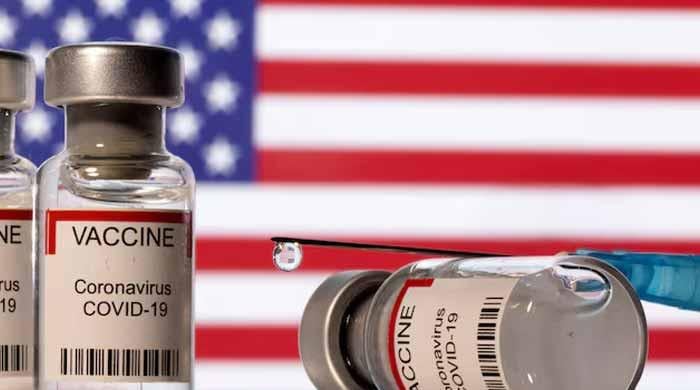Experts concerned over lack of Chikungunya awareness
Health experts say high time responsible departments impart training, improve reporting systems and prevention through awareness programs.
July 07, 2017

ISLAMABAD: Health experts on Friday expressed concern and urged those responsible to formulate a Chikungunya management plan along with providing technical support to hospitals and creating awareness among the public to prevent being affected by the disease.
According to them, concerned departments need to improve their reporting systems, provide training on clinical management and diagnosis and vector control strategies.
They said it was high time develop and maintain the
Highlighting the need to build capacity to detect and confirm cases, manage patients and implement social communication strategies to reduce the presence of the mosquito vectors, was the need of the hour.
According to Dr Wasim Khawaja from the Pakistan Institute of Medical Sciences (PIMS) the viral disease transmitted to humans by infected mosquitoes causes fever and severe joint pain while other symptoms include muscle pain, headaches, nausea, fatigue and rashes.
He added, that the joint pain caused by Chikungunya is often debilitating and can vary in duration, from a few days to a few weeks. Since the disease shares some clinical signs with dengue it can be misdiagnosed in areas where dengue is common.
The virus can cause acute, subacute or chronic disease, he added.
What is Chikungunya
Dr Wasim Khawaja said that after the bite of an infected mosquito, the onset of illness occurs usually between four and eight days but can range from two to 12 days.
While most patients recover fully, in some cases joint pain may persist for several months, or even years according to Dr Khawaja.
Occasional cases of eye, neurological and heart complications have been reported, as well as gastrointestinal complaints.
He said that serious complications are not common, but in older patients, the seriousness of the disease can reach serious levels.
Often symptoms in infected individuals are mild and the infection may go unrecognised, or be misdiagnosed in areas where similar diseases - such as Dengue - occur.
He said that both prevention and control rely heavily on reducing the number of natural and artificial water-filled container habitats that support the breeding of mosquitoes.
Dr Sharif Astori from the Federal Government Poly Clinic (FGPC) said that basic precautions should be taken by people travelling to high-risk areas.
He recommended using repellents, wearing long sleeves and pants and ensuring rooms are fitted with screens to prevent mosquitoes from entering.
For those who sleep during the daytime, particularly young children, or sick or older people, insecticide-treated mosquito nets afford good protection, Dr Astori advised.
Mosquito coils or other insecticide vaporisers may also reduce indoor biting, he added.
He advised to use clothing which minimises skin exposure to the day-biting vectors for protection during outbreaks of chikungunya and repellents can be applied to exposed skin.









